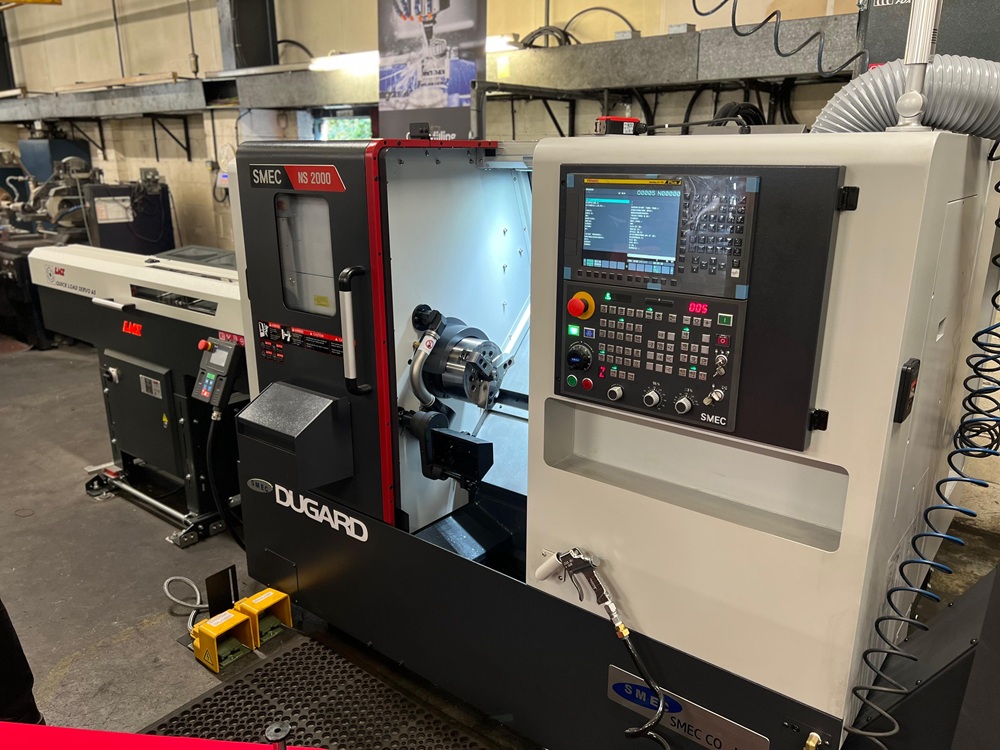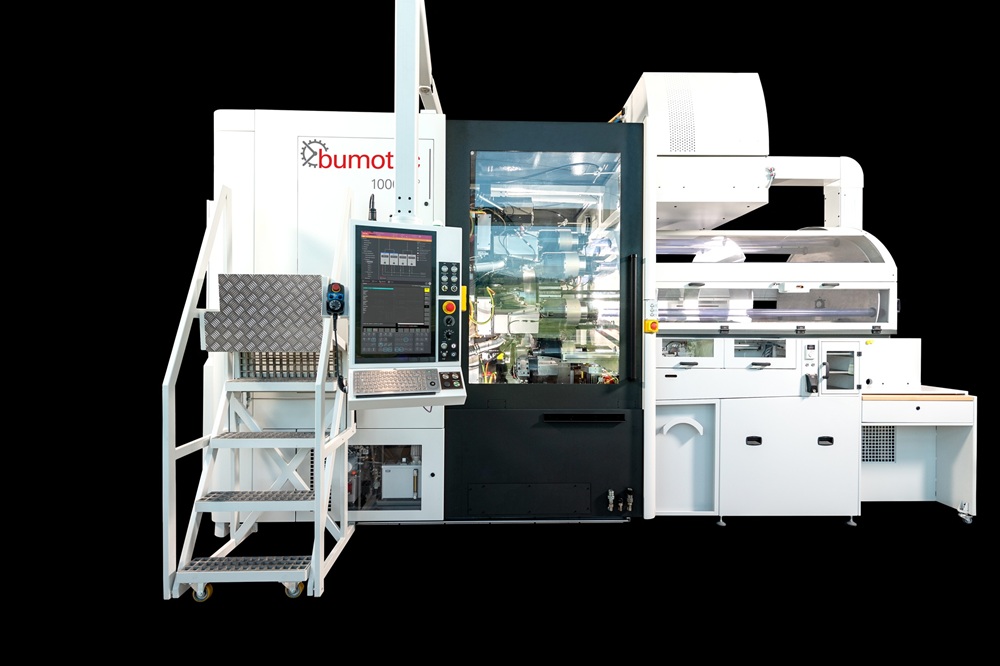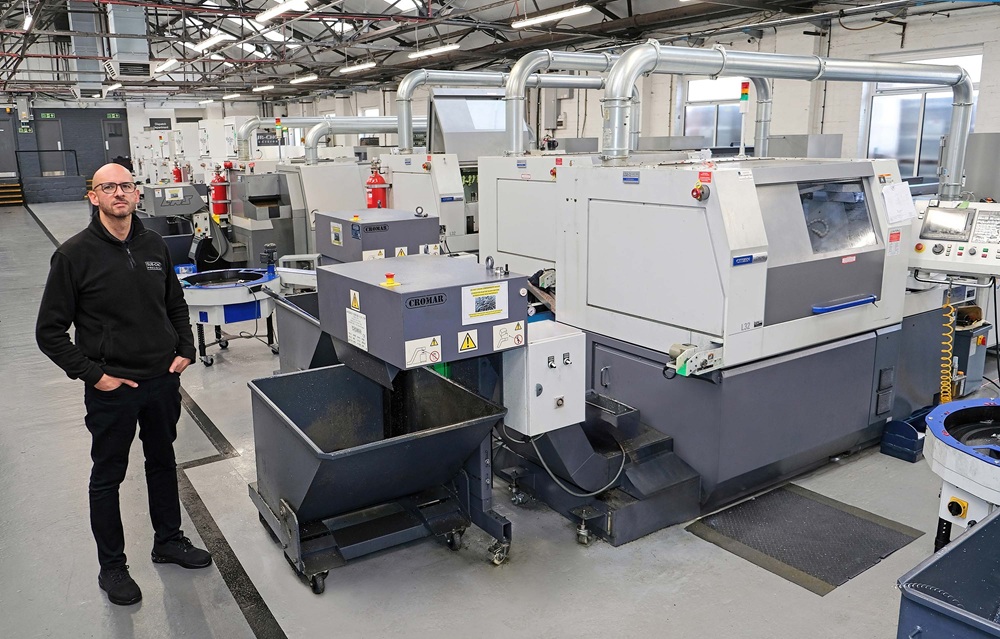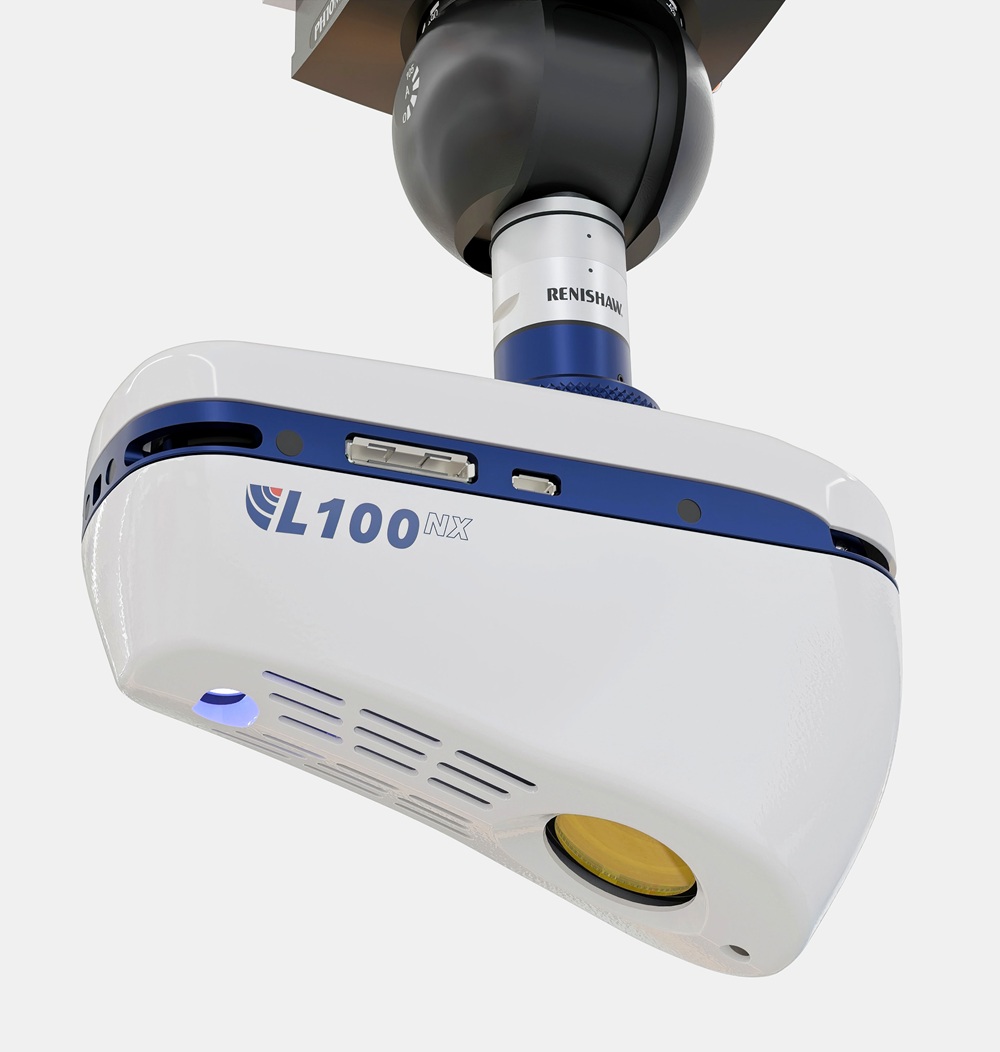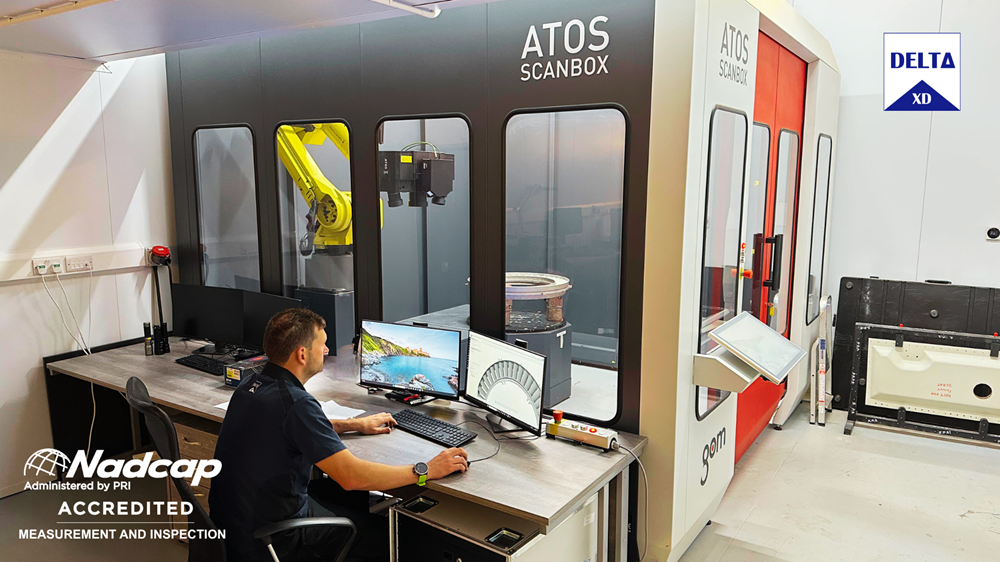PTG Precision Engineers – an engineering specialist with over 40 years of experience serving the nuclear, aerospace and energy sectors – has taken a significant step towards production automation with the installation of a SMEC NS2000 bar-fed turning centre supplied by Dugard. The investment represents the company’s first foray into automated machining and comes in response to a growing order book and persistent challenges in recruiting skilled machinists.
Over the past 12 months, PTG had experienced a significant upturn in demand, creating operational pressures that existing production capacity struggled to accommodate. When PTG mentioned its interest in a bar-fed lathe to Dugard, the trusted machine tool supplier put together a comprehensive package.
PTG selected the SMEC NS2000A, a bar-fed turning centre that combines accessibility with precision. The NS2000A is equipped with a 6-inch chuck and offers a maximum turning diameter of 310 mm, with a swing over bed of 565 mm.
PTG’s new SMEC NS2000 has been integrated with an LNS bar feeder. The transformation in production has been dramatic. Previously, PTG was processing batches of 25 expanding mandrills at a time on conventional equipment. With the SMEC NS2000 and LNS bar feeder combination, the company now runs batches of 350 off – a 14-fold increase in batch size that has fundamentally changed stock availability and production scheduling.
“The machine requires very little set up,” notes production manager Jim Adkins. “In the morning, we may spend an hour setting the bar feeder, loading it up with bars, putting the programs through again. Then the guys go back and run our other machines. They only return to remove parts from the catcher every half an hour.”
More information www.dugard.com






